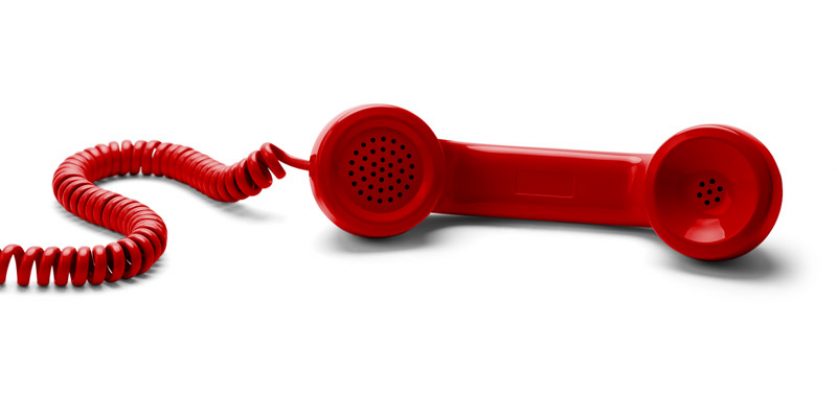
Nuisance calls have fallen to their lowest levels in six years of monitoring, telecommunications regulator Ofcom has announced.
New regulations introduced last year, requiring all displayed telephone numbers to be both valid and possible to call back, appear to have been successful in clamping down on spam calls.
Ofcom asked 803 consumers to record in a diary all the nuisance calls they received to their home landlines in a four week period.
79% of participants received at least one cold call in this time period—a percentage that has remained flat since Ofcom began monitoring nuisance calls. But the number of calls received by households has dropped, to an average of 7.4 calls this year, down from a peak of 9.7 in 2015.
People over 55 were more likely to receive nuisance calls and receive more overall: 10 in the latest study, although that was down from 13.7 in 2015.
But although the numbers of nuisance calls have dropped, they’ve become more nefarious. An estimated 26% of calls fielded by respondents were suspected to be scams, up from just 4% in 2017.
Other types of nuisance calls were phone and broadband promotions (13%), related to insurance (9%) or home improvements (7%). 7% of nuisance calls related to PPI and 6% to accident claims and compensation.
If you’re fielding an excessive number of nuisance calls, speak to your phone provider. Some providers run free services that automatically detects calls from suspected nuisance callers and diverts them to your junk voicemail box. BT’s service is called Call Protect, while Sky runs Talk Shield and TalkTalk’s service is Check and Report.
Citizens Advice recommends consumers register their number with the Telephone Preference Service, which maintains a list of numbers that don’t want to receive sales and marketing calls. It’s illegal for companies to call numbers registered with the service, which should dissuade them.
New rules, which came into effect last year, should protect those who haven’t registered with the service, however.
Now cold callers first need to have consumers’ consent before phoning. People plagued by nuisance calls can report them to the Information Commissioners’ Office, which will investigate the claims. Companies found to be in breach of the rules can be fined up to £500,000.




